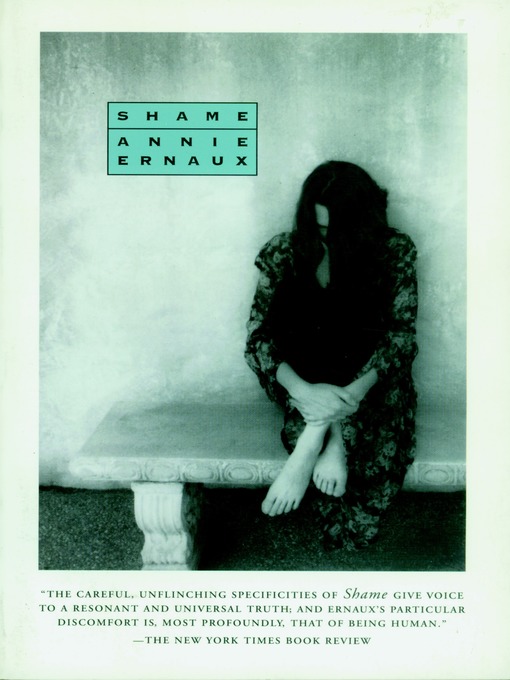
Shame
- اطلاعات
- نقد و بررسی
- دیدگاه کاربران
نقد و بررسی

July 1, 1998
Ernaux's scorching novels have a confessional, true-to-life aura about them, and she has often blurred the line between what is experienced and what is imagined. Here she bares her soul altogether, writing a terse and powerful memoir about the profound effects of the shock she sustained at age 12 one Sunday in June, when her father tried to kill her mother. This terrifying incident was never spoken of, and Ernaux, an obedient only child, was forced to cope secretly with her fears and shame for the rest of her life. Shame is Ernaux's lodestar, and she tracks its insidious hold on her psyche with the precision of a scientist, turning seemingly forthright descriptions of the small French town in which she lived into harsh revelations of its rigid social hierarchy, propensity for gossip, and insistence on conformity. Ernaux's beautifully crafted and unsettling narrative offers a telling glimpse of the era of French postwar reconstruction as well as insight into the impetus for a writing life. ((Reviewed July 1998))(Reprinted with permission of Booklist, copyright 1998, American Library Association.)

Starred review from July 1, 2003
Ernaux's last book, Exteriors, was a collection of incisive observations drawn from anonymous, momentary encounters, but now, Ernaux returns to her provincial French childhood, the world of her autobiographical novels Cleaned Out, A Woman's Story and the Prix Renaudot-winning A Man's Place. In each of those books, Ernaux portrayed her metamorphosis from the child of her petit bourgeois parents to a young woman embarrassed by them. Here, she traces that transformation back to June 15, 1952, the day "y father tried to kill my mother." Another writer might brood endlessly over the personal significance of the event, but Ernaux is much too coolheaded for that. Having forgotten most of the details of the event itself, she refuses to make up something potentially bathetic. Instead she recalls and researches the details of the world outside the event, exposing the accepted code that governed language, behavior and even a young girl's aspirations. There are many lists: rules at private school ("we must make sure we never touch the handrail"); polite phrases ("It's a pleasure!"); what is good form ("to say that `the whole family joins in the evening prayers' and that one wants to take the veil"). None of which makes any accommodation for a shop woman's loud tirade or her husband's subsequent attack with a scythe. With unsparing lucidity, Ernaux strips herself and her memories of any comforting myth and in the process, she forces us to face the jarring facts of being human.




دیدگاه کاربران